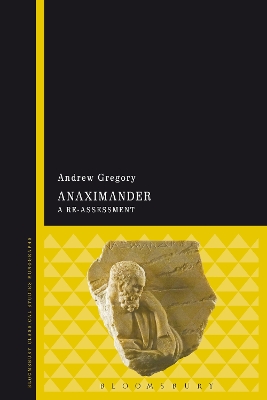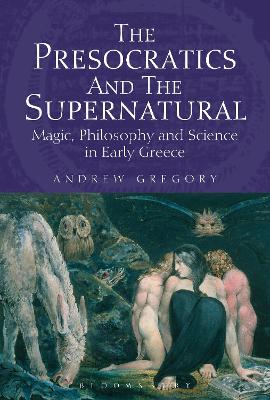Criminal Practice
2 total works
Anaximander, the sixth-century BCE philosopher of Miletus, is often credited as being the instigator of both science and philosophy. The first recorded philosopher to posit the idea of the boundless cosmos, he was also the first to attempt to explain the origins of the world and humankind in rational terms. Anaximander's philosophy encompasses theories of justice, cosmogony, geometry, cosmology, zoology and meteorology.
Anaximander: A Re-assessment draws together these wide-ranging threads into a single, coherent picture of the man, his worldview and his legacy to the history of thought. Arguing that Anaximander's statements are both apodeictic and based on observation of the world around him, Andrew Gregory examines how Anaximander's theories can all be construed in such a way that they are consistent with and supportive of each other. This includes the tenet that the philosophical elements of Anaximander's thought (his account of the apeiron, the extant fragment) can be harmonised to support his views on the natural world. The work further explores how these theories relate to early Greek thought and in particular conceptions of theogony and meterology in Hesiod and Homer.
Anaximander: A Re-assessment draws together these wide-ranging threads into a single, coherent picture of the man, his worldview and his legacy to the history of thought. Arguing that Anaximander's statements are both apodeictic and based on observation of the world around him, Andrew Gregory examines how Anaximander's theories can all be construed in such a way that they are consistent with and supportive of each other. This includes the tenet that the philosophical elements of Anaximander's thought (his account of the apeiron, the extant fragment) can be harmonised to support his views on the natural world. The work further explores how these theories relate to early Greek thought and in particular conceptions of theogony and meterology in Hesiod and Homer.
This book examines the relationship between magic, philosophy and the investigation of nature in presocratic Greece. Did the presocratic thinkers, often praised for their rejection of the supernatural, still believe in gods and the divine and the efficacy of magical practices? Did they use animism, astrology, numerology and mysticism in their explanations of the world? This book analyses the evidence in detail and argues that we need to look at each of these beliefs in context.

